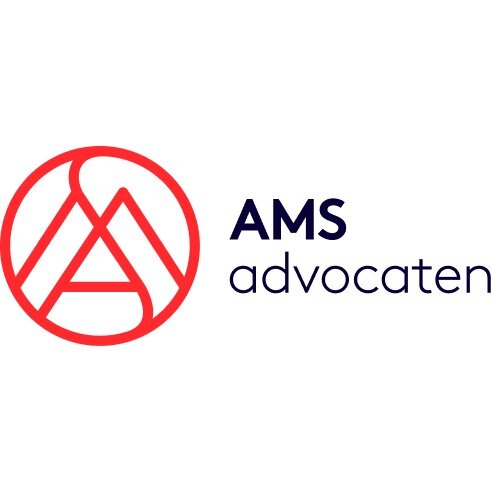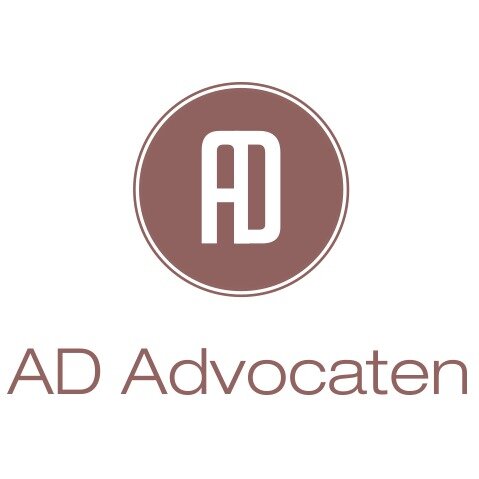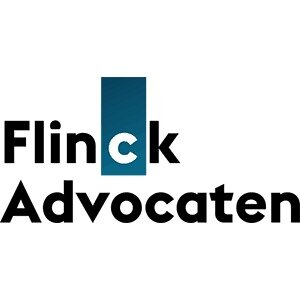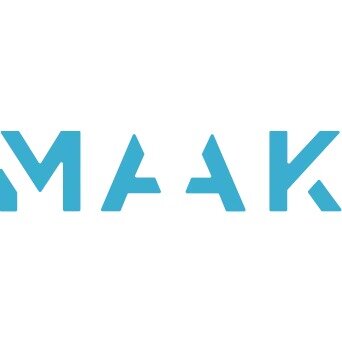Best Debt Capital Markets Lawyers in Amsterdam
Share your needs with us, get contacted by law firms.
Free. Takes 2 min.
List of the best lawyers in Amsterdam, Netherlands
About Debt Capital Markets Law in Amsterdam, Netherlands
Debt Capital Markets (DCM) law in Amsterdam, Netherlands refers to the legal framework regulating the issuance, trading, and management of debt securities, such as bonds and notes, by companies, financial institutions, and governments. Amsterdam is a key European financial center with an active DCM scene, supported by the presence of major stock exchanges, investment banks, and legal experts. The city attracts both domestic and international players looking to raise capital or invest through debt instruments. Legal professionals in this field handle complex regulatory requirements, compliance issues, contract drafting, disclosure obligations, and cross-border considerations affecting market transactions.
Why You May Need a Lawyer
Engaging a lawyer specializing in Debt Capital Markets is vital for both issuers and investors due to the complexity and high stakes of these transactions. Common scenarios where legal help becomes necessary include:
- Structuring and issuing corporate or government bonds.
- Ensuring compliance with Dutch and EU securities regulations.
- Drafting and reviewing prospectuses and offering documents.
- Advising on cross-border placements and dual listings.
- Resolving legal disputes or defaults related to debt instruments.
- Facilitating private placements versus public offerings.
- Advising on regulatory reporting and ongoing disclosure obligations.
- Assisting with restructuring or refinancing existing debt.
A lawyer ensures transactions are legally robust, minimizes risk, and navigates all regulatory hurdles efficiently.
Local Laws Overview
Amsterdam operates within both Dutch national law and broader European Union (EU) regulations. The following are important legal frameworks and regulations affecting Debt Capital Markets:
- Financial Supervision Act (Wet op het financieel toezicht - Wft): This is the primary Dutch framework regulating financial products and market conduct, including the issuance and trading of debt securities.
- Prospectus Regulation (EU): Most public offerings of debt securities require a prospectus approved by the Dutch Authority for the Financial Markets (AFM), underpinned by EU-wide rules facilitating cross-border access.
- Market Abuse Regulation (MAR): Prohibits insider dealing, market manipulation, and requires transparency in reporting and disclosures.
- Securities Listing Rules: Euronext Amsterdam, as the main stock exchange, has its own listing and ongoing obligations for issuers of listed debt securities.
- Private Placement Exemptions: Dutch law provides certain exemptions from prospectus requirements for private placements or qualified investors.
- Contract and Insolvency Law: Governs the drafting of transaction documents and creditor rights in case of default.
These laws ensure market integrity, investor protection, transparency, and fair dealing, and are strictly enforced.
Frequently Asked Questions
What is considered a debt security in the Netherlands?
Debt securities include instruments like bonds, notes, debentures, and other forms of debt issued to investors, where the issuer promises to repay the principal with or without interest under certain terms.
Do all debt security issuances require a prospectus in Amsterdam?
Not always. Public offerings generally need a prospectus approved by the AFM, but there are exemptions for certain private placements, offerings to qualified investors, or small denominations.
Who regulates the Debt Capital Markets in Amsterdam?
The Dutch Authority for the Financial Markets (AFM) regulates DCM activity, ensuring compliance with Dutch and EU regulations.
Can foreign companies issue bonds on Euronext Amsterdam?
Yes, foreign companies frequently list bonds in Amsterdam, subject to the same regulatory requirements as domestic issuers, with some adjustments for cross-border aspects.
What are the main steps in issuing a bond in Amsterdam?
Key steps include structuring the offering, drafting legal documents, preparing a prospectus (if required), obtaining regulatory approval, listing on an exchange if desired, and executing the transaction.
What legal risks are associated with DCM transactions?
Risks include regulatory non-compliance, material misstatements in prospectuses, failure to meet disclosure obligations, and potential disputes or defaults.
What disclosures are required during and after a debt offering?
Issuers must provide clear, accurate information on financials, risks, and terms both in the offering documents and through ongoing public disclosures required by market regulations.
Is it possible to restructure existing debt under Dutch law?
Yes, Dutch insolvency and contract law provide mechanisms for restructuring or refinancing existing debt, often involving creditor negotiations and new agreements.
How does the Market Abuse Regulation affect DCM participants?
MAR imposes strict rules against insider trading, market manipulation, and requires immediate public disclosure of inside information that could impact the price of debt securities.
How can a lawyer assist with cross-border DCM transactions?
Lawyers handle regulatory filings, manage differences in applicable laws, ensure compliance in multiple jurisdictions, draft necessary documentation, and support efficient execution of complex cross-border deals.
Additional Resources
Several resources and organizations can provide guidance or oversight for those involved in Debt Capital Markets in Amsterdam:
- Dutch Authority for the Financial Markets (AFM): The primary regulator for the securities market, providing rules, guidelines, and approvals.
- Euronext Amsterdam: Regional stock exchange with dedicated rules and advisory resources for bond issuers.
- Dutch Ministry of Finance: Provides regulatory updates and policy guidance for capital markets.
- Netherlands Bar Association (Nederlandse Orde van Advocaten): Offers directories of legal professionals and information on legal services.
- Dutch Banking Association: Resource for market standards and industry best practices.
Next Steps
If you are considering entering the Debt Capital Markets in Amsterdam or need help with ongoing matters, take the following steps:
- Assess your needs and scope of the planned transaction.
- Identify experienced legal counsel specializing in Dutch debt capital markets.
- Prepare relevant documents and information for an initial consultation.
- Discuss your objectives, expected timeline, and regulatory requirements with your lawyer.
- Ensure ongoing support for compliance and post-issuance obligations after the transaction is completed.
Expert legal advice can save time, reduce risks, and ensure you are fully compliant with Dutch and EU regulations throughout the process.
Lawzana helps you find the best lawyers and law firms in Amsterdam through a curated and pre-screened list of qualified legal professionals. Our platform offers rankings and detailed profiles of attorneys and law firms, allowing you to compare based on practice areas, including Debt Capital Markets, experience, and client feedback.
Each profile includes a description of the firm's areas of practice, client reviews, team members and partners, year of establishment, spoken languages, office locations, contact information, social media presence, and any published articles or resources. Most firms on our platform speak English and are experienced in both local and international legal matters.
Get a quote from top-rated law firms in Amsterdam, Netherlands — quickly, securely, and without unnecessary hassle.
Disclaimer:
The information provided on this page is for general informational purposes only and does not constitute legal advice. While we strive to ensure the accuracy and relevance of the content, legal information may change over time, and interpretations of the law can vary. You should always consult with a qualified legal professional for advice specific to your situation.
We disclaim all liability for actions taken or not taken based on the content of this page. If you believe any information is incorrect or outdated, please contact us, and we will review and update it where appropriate.













